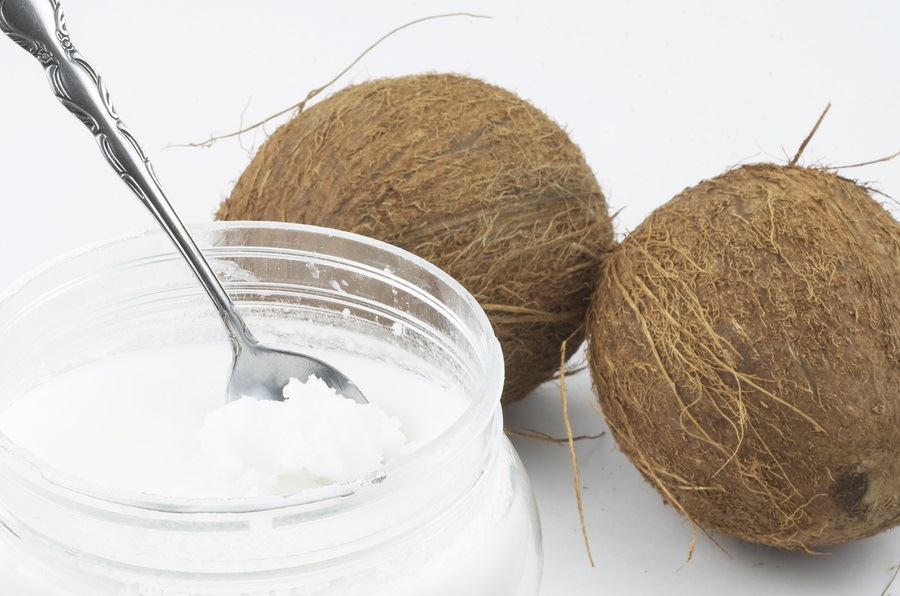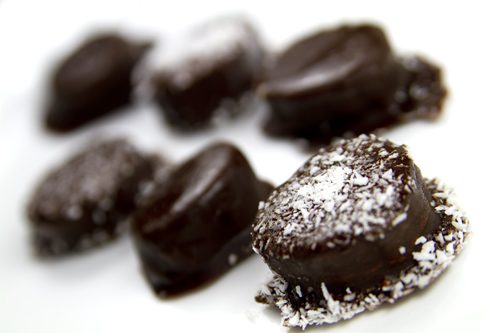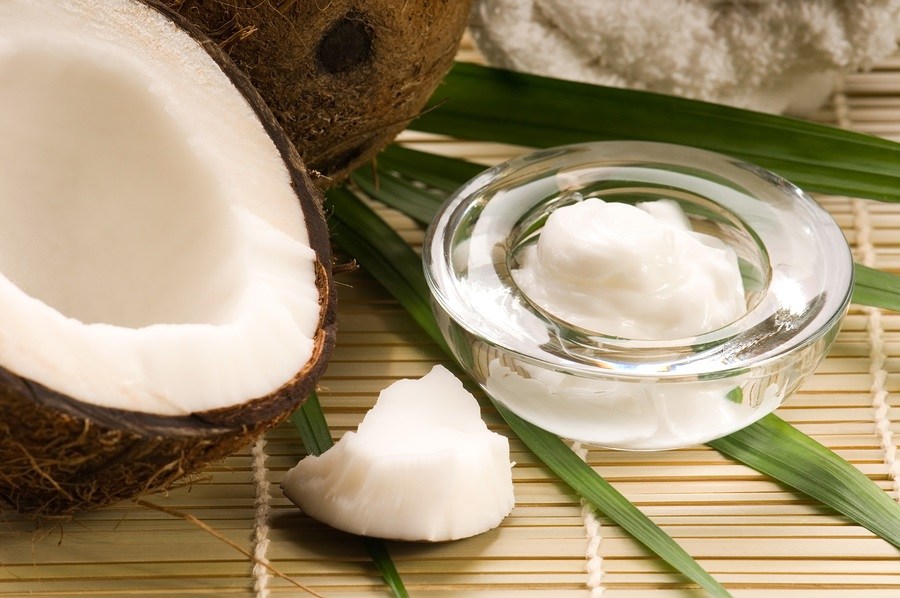WebMD is the world's most visited "health" website. They derive their advertising from the pharmaceutical industry, so they have a pro-Pharma slant, as one can expect. It is not typically the place you would go to find information regarding alternative treatments to FDA approved pharmaceutical drugs. If you are contemplating using prescription drugs, it is a great place to get information about the medical industry's products. If however you are looking for information on products that are not approved as drugs by the FDA, their information will be highly biased.
Due to the increasing popularity of coconut oil and its healing properties, WebMD now has a listing for coconut oil. It is listed in their vitamin and supplement section, since it is not approved as a drug, and since they generally do not provide any health information about foods.
They give the standard pro-Pharma view of coconut oil, which is that, in their view, there are no approved claims for coconut oil. They also warn people that coconut oil could raise cholesterol levels and could be harmful, even while acknowledging that research actually shows the opposite, since coconut oil traditionally lowers LDL cholesterol while raising HDL cholesterol (a positive thing.) They also warn that if people eat too much coconut oil, since it is fat, that it could lead to weight gain.
Interestingly, WebMD allows users to comment on these entries, presumably in a format where patients can comment on their own experiences with the vast array of drugs listed on their website. Read what users said about the "miraculous" properties of coconut oil in relation to Alzheimer's, Parkinson's, weight control, memory, mood swings, energy, dry skin, dental health, stopping seizures and more.













